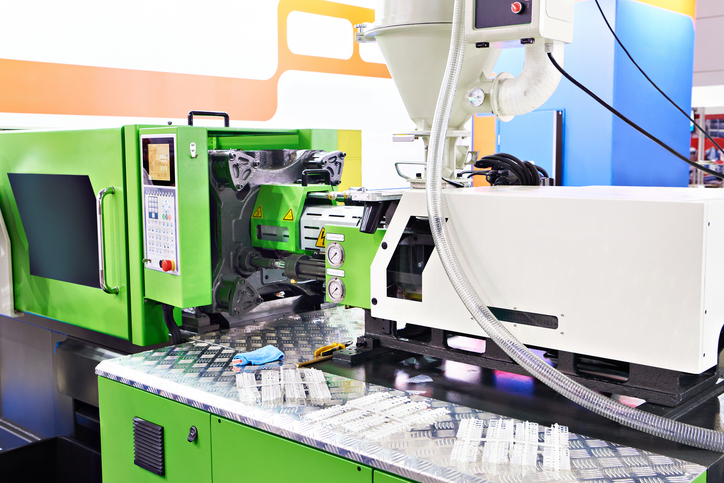Injection molding is a widely used manufacturing process for producing plastic parts in large quantities. Finding the right injection molding supplier is crucial to the success of your project. With so many suppliers to choose from, it can be overwhelming to make a decision. Here are 10 essential tips to help you choose the best injection molding supplier for your needs.
1. Determine Your Requirements
Before you start looking for an injection molding supplier, it is important to clearly define your project requirements. This includes the quantity of parts you need, the type of plastic you want to use, and any specific design or quality standards you need to meet.
Key considerations:
- Material type and quality
- Production volume
- Lead time requirements
2. Evaluate Supplier Experience and Reputation
Research potential injection molding suppliers and evaluate their experience and reputation in the industry. Look for suppliers who have a proven track record of delivering high-quality products on time and have positive reviews from previous customers.
Things to consider:
- Years of experience in the industry
- Certifications and quality standards
- References and customer reviews
3. Quality Assurance Processes
Ensure that the injection molding supplier has robust quality assurance processes in place to guarantee the quality and consistency of the parts they produce. This includes regular inspections, testing, and quality control measures throughout the production process.
Quality assurance measures:
- In-house testing capabilities
- ISO certification
- Quality control procedures
4. Production Capacity and Lead Times
Consider the production capacity and lead times of the injection molding supplier to ensure they can meet your project deadlines. Make sure the supplier can accommodate the volume of parts you need within the required timeframe.
Factors to evaluate:
- Injection molding machines and capacity
- Production lead times
- Ability to scale production as needed
5. Technology and Innovation
Choose an injection molding supplier that invests in the latest technology and innovation to improve efficiency and quality. Suppliers who stay up-to-date with industry trends and advancements are more likely to deliver superior results.
Technological capabilities:
- Advanced mold design and manufacturing technology
- Use of automation and robotics
- Ongoing investment in research and development
6. Cost and Pricing
While cost is an important factor to consider, it should not be the sole determining factor when choosing an injection molding supplier. Evaluate the overall value proposition, including quality, reliability, and customer service, in addition to the pricing.
Cost considerations:
- Initial tooling costs
- Unit pricing for production runs
- Additional fees for tool maintenance or revisions
7. Communication and Customer Service
Effective communication and excellent customer service are essential for a successful partnership with an injection molding supplier. Choose a supplier who is responsive, transparent, and willing to keep you informed throughout the production process.
Key aspects of communication:
- Accessibility and responsiveness of the supplier
- Clear and timely updates on project status
- Ability to address any concerns or issues promptly
8. Location and Logistics
Consider the location of the injection molding supplier and how it may impact logistics and shipping costs. Choosing a supplier that is geographically convenient to your business can help streamline the production process and reduce lead times.
Logistical factors to think about:
- Proximity to your facilities or distribution centers
- Shipping and transportation options
- International shipping capabilities, if applicable
9. Environmental and Social Responsibility
More and more companies are prioritizing environmental and social responsibility in their supply chain. Choose an injection molding supplier that demonstrates a commitment to sustainable practices, ethical labor standards, and environmentally friendly materials.
Indicators of responsibility:
- Use of recycled or biodegradable materials
- Compliance with environmental regulations
- Social responsibility initiatives and certifications
10. Contract and Intellectual Property Protection
Before finalizing your partnership with an injection molding supplier, make sure to have a clear contract in place that outlines all terms and conditions, including pricing, lead times, quality standards, and intellectual property protection. Protecting your designs and proprietary information is crucial.
Components of a strong contract:
- Intellectual property rights and confidentiality agreements
- Quality specifications and performance guarantees
- Dispute resolution mechanisms
By following these 10 essential tips, you can choose the best injection molding supplier for your project with confidence. Taking the time to evaluate suppliers based on these criteria will help ensure a successful and mutually beneficial partnership.

